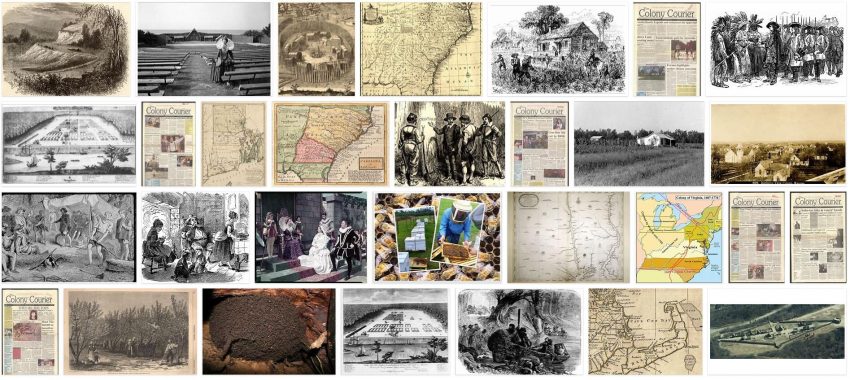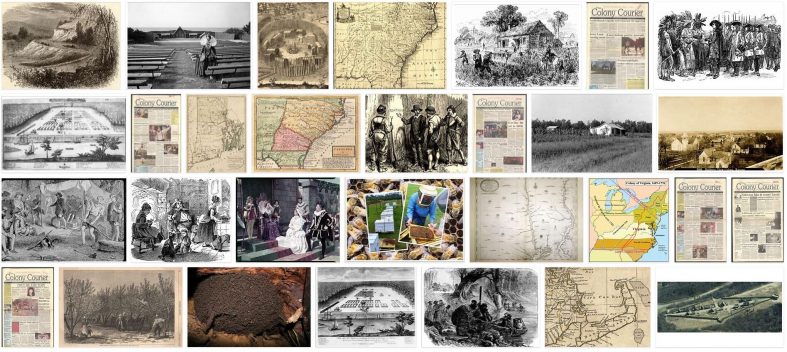The word colony can refer to several things. A colony can be a group of people established in a different place from their origin: “The first Martian colony was installed in the thirteenth century”, or to the place where these people settle: “The Indians formed a small colony on the island ”
Likewise, it is considered a colony the territory that a nation, generally a power, has submitted or invaded, and that is dominated and administered by it.
Colonia is also called the group of people who, being from one country or region, have settled and live in another country or region : “The colony of Uruguayans in Spain”.
A colony is also a group of animals of the same species that lives and lives in a specific territory: “The colony of mice has worried health authorities.”
It is also called cologne to the water of Cologne (German city), that is, a perfume composed of water, alcohol and aromatic essences, which is rubbed on the skin to impregnate it with a good smell.
The word colony , as such, comes from the Latin colony , from colōnus , which means ‘labrador’, ‘settler’.
Colony in history
A territory subject to the administration and government of another country is known as a colony, usually a remote power called ‘metropolis’ for this purpose, which has invaded it and subjected its inhabitants by force. Colonial territories lack autonomy and self-determination, and usually both their legal system and religion are imposed on them from the metropolis.
The colony has produced a great deal of injustice throughout history, from the slavery of the local inhabitants, to the genocide. The European powers had subject a colonial regime to large territories of America, Africa, Asia and Oceania for several centuries. Wars of independence and various political processes have allowed the emancipation of these nations. However, colonialism has survived today although under the new denomination of overseas possessions or in a different system: neo-colonialism.
Spanish colony in America
The historical period known as a colony was that during which the Spanish Crown exercised sovereignty over the American territories. It extended from the end of the conquest, a war and genocidal process that began more or less towards the 16th century, until the 19th century, during which the new American nations were achieving their political independence from Spain.
Biology colony
In biology, as a colony it is called a group of organisms that are linked together and whose coexistence responds to the purpose of collaboration and survival. There are different types of colonies, such as single-celled organisms, such as blue algae and bacteria; of multicellular organisms, such as those of social insects (bees, termites, ants, etc.) or those of corals.
Colony in microbiology
In microbiology, the grouping of a group of microorganisms of the same type is called colony. Some microorganisms that form colonies are bacteria, fungi and protozoa or protozoan.
Colonia in Mexico
In countries like Mexico or Honduras, the parts into which the towns or cities are divided are called a colony. In this sense, they are synonymous with neighborhood.

